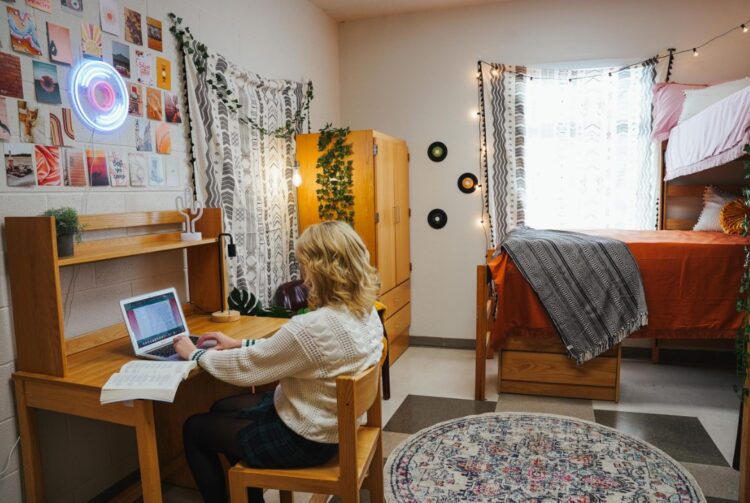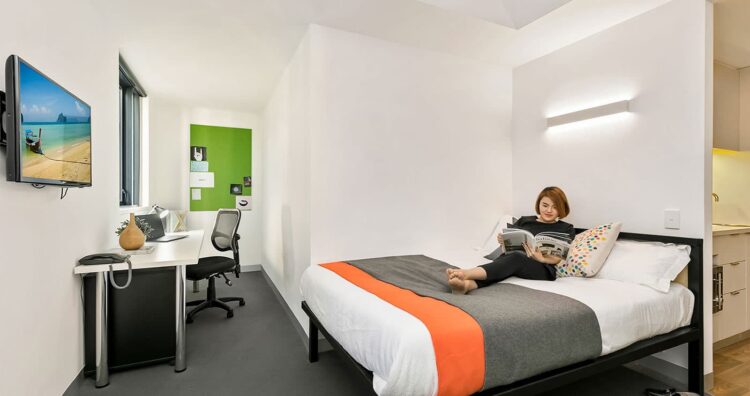Sydney offers a variety of student accommodation options, from on-campus living to off-campus residences such as shared houses, homestays, and studio apartments.
Choosing the right living arrangement is crucial for a positive university experience, as it can significantly impact convenience, social life, academic performance, and personal development.
On-Campus Living
Living on campus in Sydney provides numerous advantages. The primary benefit is the convenience and proximity to classes, which minimizes travel time and allows easy access to campus facilities like libraries, labs, and lecture halls.
This convenience can significantly reduce the stress associated with commuting and enable students to maximize their time for studying, participating in campus activities, or simply relaxing.
On-campus accommodations often include inclusive utilities and amenities.
Rent typically covers essential services such as internet, electricity, and maintenance, which can ease the burden of managing multiple bills and ensure that students can focus more on their academic and social lives.
On-campus living fosters an enhanced social life, offering ample opportunities to make friends through dorm events, social gatherings, and organized activities.
This environment creates a strong sense of community and belonging, which is particularly beneficial for students who are new to the city or country.
These social opportunities can lead to lifelong friendships and a robust support network that enhances the overall university experience. Furthermore, academic support is readily available within on-campus housing. Students have access to study groups, academic resources, and quiet study environments designed specifically for their needs.

Source: cumberland.edu
These resources can provide a significant advantage in maintaining good academic performance and staying motivated throughout the semester.
However, on-campus living does have its drawbacks. One major downside is the lack of privacy, as students must share spaces with roommates and other residents. This close living arrangement can lead to potential noise and distractions, which may interfere with studying or personal downtime.
Students might also experience limited independence due to adherence to dorm rules and regulations. These rules often include restrictions on room setup, guest policies, and quiet hours, which can make students feel less in control of their living environment.
Another concern is the potential for bullying and conflict.
Living in close quarters with others increases the risk of encountering non-cooperative roommates or experiencing instances of bullying. Such conflicts can create a stressful living environment, impacting the overall university experience and potentially affecting academic performance and mental well-being.
Students need to consider these factors and weigh them against the benefits when deciding whether on-campus living is the right choice for them.
Off-Campus Living

Source: iglu.com.au
Opting for off-campus living, such as renting a studio apartment Sydney, offers increased privacy and personal space. Students have control over their living environment and can choose their roommates, enjoying the freedom to host guests without restrictions.
An off-campus living arrangement typically provides a quieter and more focused study environment, with fewer interruptions compared to dorms, making it ideal for students who prefer studying alone.
Nevertheless, off-campus living can come with higher costs. Students may face additional expenses for utilities, internet, and furnishings, and rent may be higher compared to on-campus housing.
There is also a risk of isolation and loneliness, as the distance from the campus community and social activities requires greater effort to make new friends and socialize.
Commuting challenges are another downside, with time and cost associated with daily travel to campus. Potential delays and inconveniences due to transportation issues can add stress to the student’s routine.





